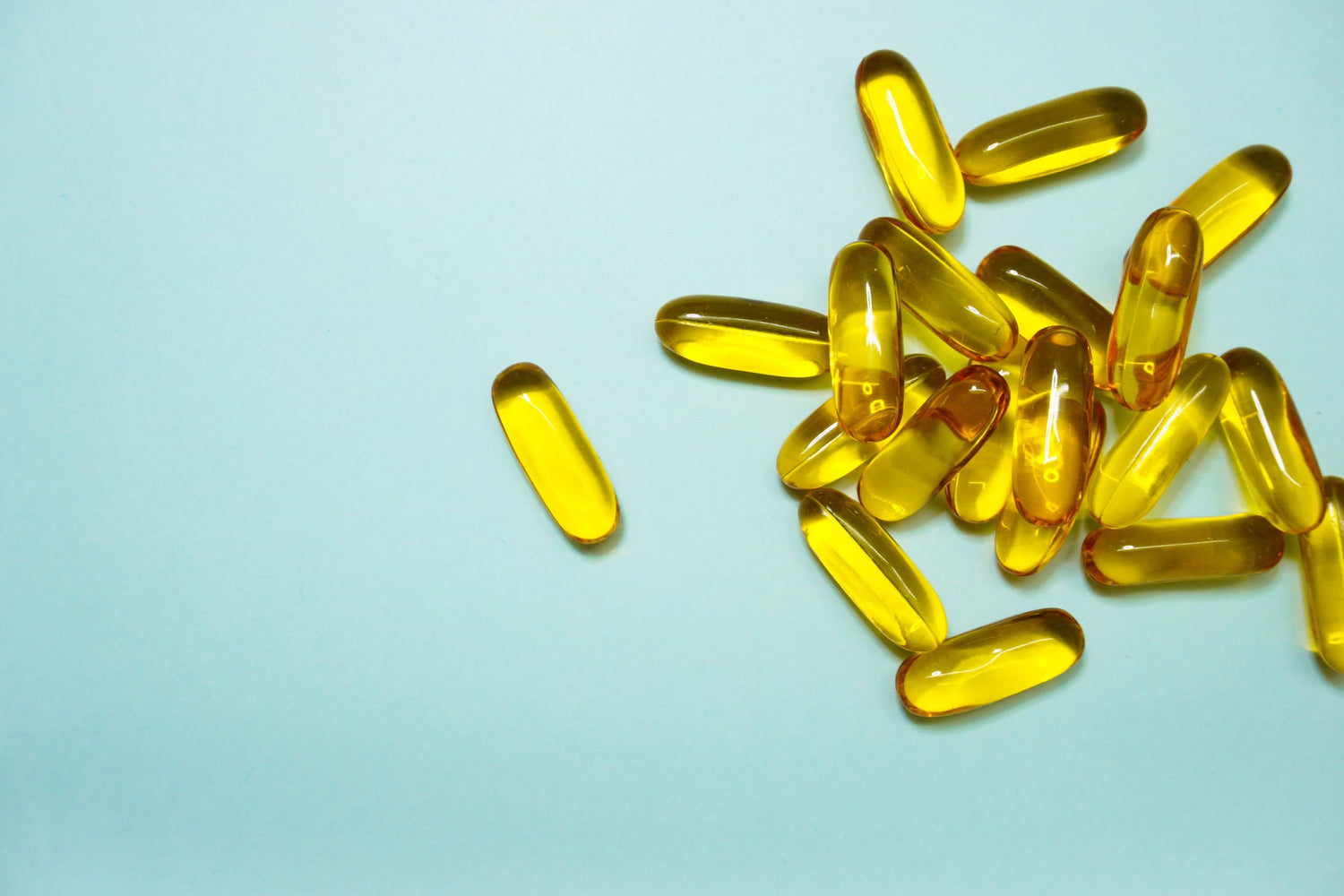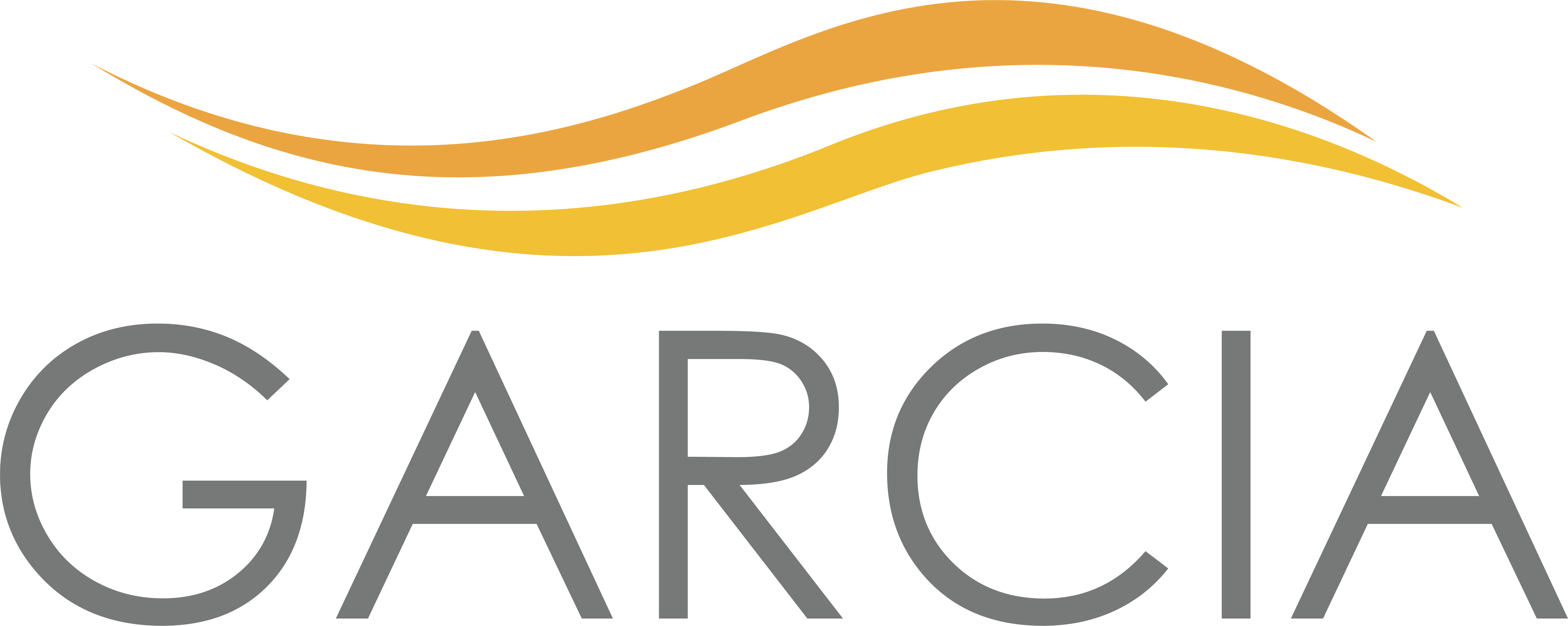DIM represents a three-dimensional
approach to supporting healthy estrogen
metabolism. Research suggests that
diindolylmethane (DIM), curcumin (from turmeric
extract), and the patented black pepper extract
BioPerine® support balanced estrogen metabolism.
Support of Hormone Metabolism healthy
metabolism of exogenous and endogenous
estrogens can be pivotal for hormonal balance.
DIM has been studied for its role in supporting
prostate health as well, by reducing
dihydrotestosterone binding to androgen receptors.
Support of Cell Function and Metabolism
orchestration of metabolism by the thyroid gland is
dependent on hormone balance. DIM was found to
target proteolytic enzymes (MMP-2 and MMP-9),
thus supporting the normal function and activity of
thyroid cells in vitro.
Antioxidant and Detoxification Support DIM
provides support for both antioxidant and
detoxification systems which, in turn, support
cellular function and integrity. Antioxidant activity is
crucial to counteracting oxidative molecules
normally produced during phase I detoxification.
Research on DIM suggests that it plays an important
role in activating detoxification enzymes in human
hepatocytes, further supporting biotransformation
at a primary site in the body.*
Curcumin As the major curcuminoid found in
turmeric, curcumin is valued for its promotion of
antioxidant activity, support of metabolic
detoxification, and modulation of cytokine
production. Research studying genotoxic estrogen Metabolites suggests that curcumin’s inhibitory effect
on anchorage-independent growth and on CYP
enzymes following dioxin exposure helps support
healthy cell-life regulation in human embryonic kidney
cells and normal prostate cells.*
BioPerine is a patented form of piperine, the main
alkaloid from black and long pepper plants that has
been found to effectively support the absorption of
nutrients. After a dose of 2 g of curcumin, human
serum levels of curcumin were either undetectable or
very low. When the same dose was given along with
20 mg of piperine (4:1 ratio), there was a 2000%
increase in the bioavailability of curcumin without
adverse effects.*
Methyl Support is a comprehensive formula designed to support optimal methylation and help
maintain healthy homocysteine levels already within
normal range. It features five key nutrients that are
involved in homocysteine metabolism: folate as
calcium folinate and Quatrefolic® for increased
bioactivity; trimethylglycine; and vitamins B12, B6,
and B2. These five nutrients, provided in activated
forms, support enhanced methylation and overall
cardiovascular health.* Folic Acid (as calcium folinate
and 5-methyltetrahydrofolate) this B vitamin has
important roles in detoxification, nervous system
function, breast tissue health, prenatal development,
and the conversion of homocysteine back to
methionine. In its active form, folic acid serves as a
donor of methyl groups. Providing the combination of
calcium folinate and 5-methyltetrahydrofolate (5-
MTHF) allows optimal utilization of folic acid by
bypassing metabolic steps to bioactivity. Vitamin B12
(as Methylcobalamin) Cyanocobalamin (the form of
B12 present in many supplements) has to be
converted in the liver to Methylcobalamin, the form
provided in Methyl Protect. B12 is another methyl
donor, and studies suggest that it supports healthy
homocysteine levels already within the normal range
on its own and in combination with folate.*
Vitamin B6 (as pyridoxal 5’-phosphate), this
coenzyme form of vitamin B6 is the primary
bioactive form. It is a coenzyme in approximately
100 enzymatic reactions. Data from the
Framingham Study showed an inverse association
between homocysteine and good B6 status (as well
as B12 and folate).*
Zinc Glycinate is a fully reacted, proprietary
TRAACS® amino acid chelate formulated for
enhanced absorption. As an essential mineral, zinc
serves catalytic, structural, and regulatory functions
in the body. Zinc ultimately supports immune and
neurological function, growth, taste acuity, nutrient
metabolism, and reproductive health. Zinc’s pivotal
role in protein metabolism translates into a pivotal
role in wound healing, DNA synthesis, normal
inflammatory response, and normal growth and
development during childhood, adolescence, and
pregnancy. Zinc helps maintain the structural
integrity of cell membranes; it assists them in their
normal function and protects them from oxidative
damage.*

